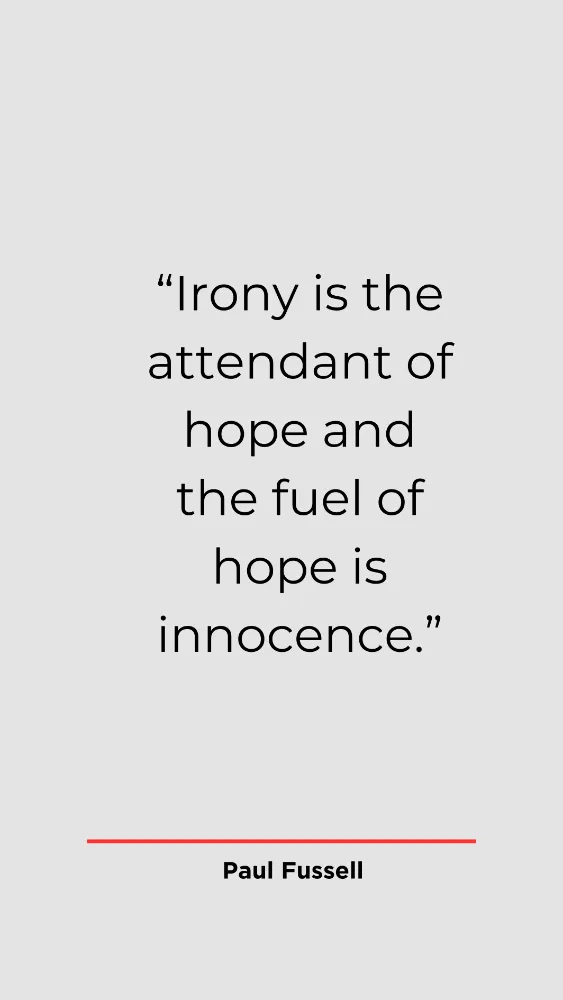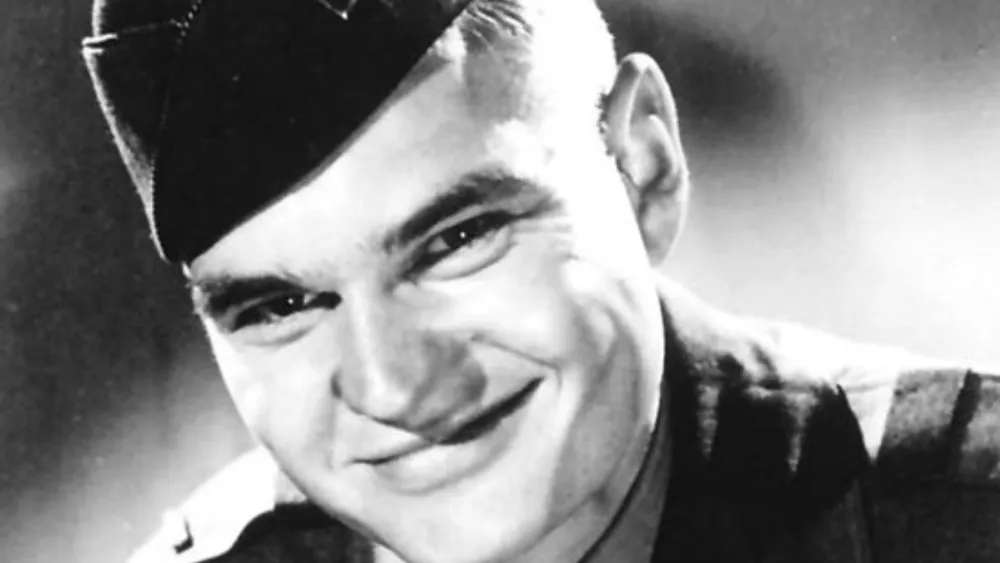Paul Fussell used his pen like a surgeon’s scalpel, dissecting complicated topics with surgical precision. His mind has an acute awareness of the nuances of language, history, and the human psyche. Moreover, His deep discoveries have forever changed how we view literature, history, and society. A razor-sharp humor and unwavering honesty support them.
The literary legacy of Paul Fussell, a renowned author, critic, and scholar, has developed with time. Therefore, it remained able to enthral and challenge readers from all walks of life. His creations act as windows and mirrors, reflecting the world’s facts. It also shows the profound truths frequently hidden under the surface.
Fussell invited readers to go with him across the cerebral landscapes he traversed with each page he wrote, encouraging them to critically examine the written word and the fundamental foundation of their surroundings.
Parents and Siblings of Literary Distinction
Fussell was the second of three children born and raised in Pasadena, California. Son of a widowed schoolteacher, Paul Fussell (1895–1973), became an O’Melveny & Myers business lawyer in Los Angeles. Wilma Wilson Sill, his mother, was an Illinois-born carriage trimmer’s daughter (1893–1971).
His sister Florence Fussell Lind, resides in Berkeley, California, and his brother, Edwin Sill Fussell was a novelist, poet, and professor of American Studies at the University of California, San Diego. Between 1941 and 1943, Fussell was a student at Pomona College before being commissioned as an officer in the American Army. As a 20-year-old, he arrived in France in 1944.
He sustained injuries while fighting in Alsace. So, it earned him the Bronze Star and Purple Heart for his valor. When the war in Europe concluded, Fussell returned to the United States and was given a position with the 45th Infantry Division, preparing to invade Japan.
After he received a discharge from the Army, he returned to Pomona to complete his B.A. In 1949, he married Betty Harper, a fellow Pomona graduate, and earned his MA (1949) and PhD (1952) at Harvard University. He received his degree in 1946–1947.
The Life of Paul Fussell and His Experience
The turbulent events of the 20th century had an impact on Paul Fussell’s life. His service greatly impacted his perspective on life as a soldier in World War II, which was later reflected in his works. Fussell’s critical view of society stemmed from his firsthand experiences with the harsh realities of war. He articulated this perspective with a blend of cynicism and biting humor.
Fussell gained significant renown for his sharp literary critique. One of his most well-known books is “The Great War and Modern Memory,” released in 1975. He investigated how the First World War changed literature and language, ushering in a new period of cynicism and despair.
According to Fussell, he delighted in the inescapable controversy surrounding Class: A Guide Through the American Status System (1983). It exploited his growing reputation as a popular “curmudgeon” in the diatribe BAD: or, The Dumbing of America (1991). Between those two books, Thank God for the Atom Bomb and Other Essays (1988) established the legitimacy of his fight against official and military jargon.
Paul Fussell’s Social Hierarchies Revealed
Fussell’s scathing critique included societal hierarchy in addition to literature. His 1983 book “Class: A Guide Through the American Status System” decoded the complexities of social classes in America with humor and insight.
Fussell’s ability to illustrate class disparities, frequently through hilarious tales, inspired readers to consider their illogic. As a historian, Fussell studied the historical occurrences that influenced civilizations and people.
His strategy incorporated thorough study and a profound knowledge of the human condition. Fussell examined the many facets of wartime culture in books like “Wartime: Understanding and Behavior in the Second World War” (1989), demonstrating how societal norms and values are altered during conflict.
A Complex Relationship of Paul Fussell
After the war, Mr. Fussell developed a strong regard for regular troops but a lifelong distaste for combat. He criticized writers and filmmakers like Tom Brokaw and Stephen Ambrose for romanticizing combat without conveying the cruelty and bloodshed experienced by troops.
He went to Harvard and earned his master’s and doctorate in English there in 1949 and 1952, respectively. After their first marriage, he divorced Betty Harper Fussell, a cuisine writer. Betty Fussell spoke passionately about her marriage in a 1999 book, alleging that her husband disapproved of her cooking and despised her professional success as a writer.
The Cost of War: Paul Fussell’s Evolution on the Front Line
However, the devastating events of World War II would forever define Paul Fussell’s path. Fussell faced the harsh reality of war directly after joining the service, an encounter that would have a lasting impact on him.
He tempered his viewpoint by witnessing the atrocities. So, it fosters friendships with his fellow troops and enduring personal loss. These combat experiences would later influence his worldview and create the groundwork for his analytical method of analyzing the complexity of human behavior and society.

Observations and Legacy of Culture
The influence of Fussell goes beyond his written works. He influenced later generations of authors, historians, and philosophers with his ability to examine societal standards, critique cultural trends, and confront hard facts.
Fussell’s books are not only academic exercises. They encourage readers to connect with the world critically. Furthermore, it challenges presumptions and adopts a nuanced viewpoint.
Paul Fussell and his Call to Transformative Reading
The intellectual legacy of Paul Fussell is proof of the value of incisive analysis, daring observation, and persuasive communication. Moreover, readers interested in learning about the complex interactions between literature continue to find his books compelling.
Fussell reminds us that the written word may catalyze change and enlightenment because of his ability to stimulate thinking and change. Paul Fussell’s legacy will continue. It is motivating us to see the world through a sharper, more discriminating lens. This is true as long as people are eager to engage with its intricacies.











